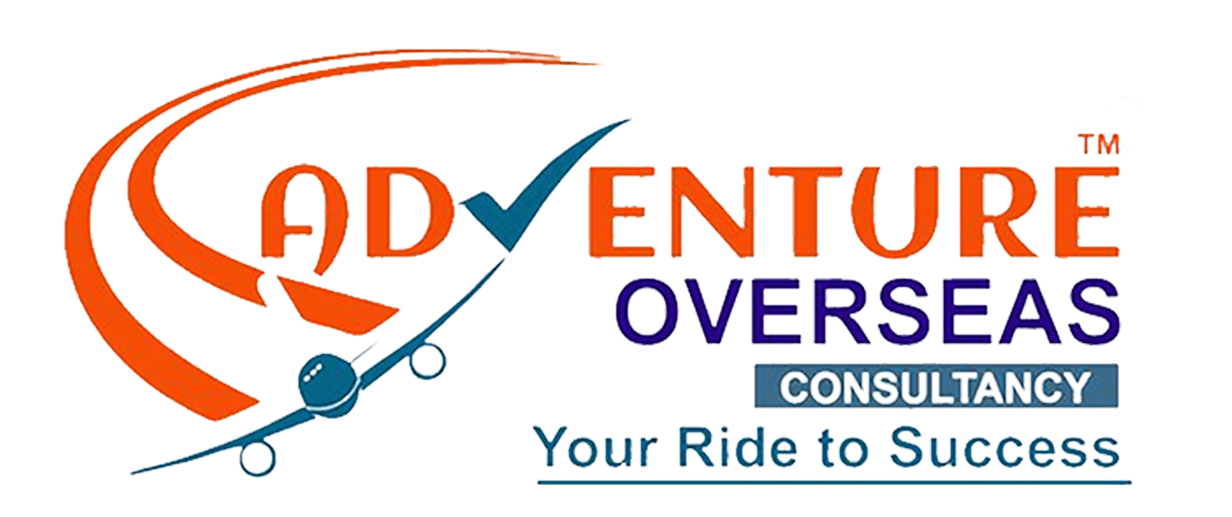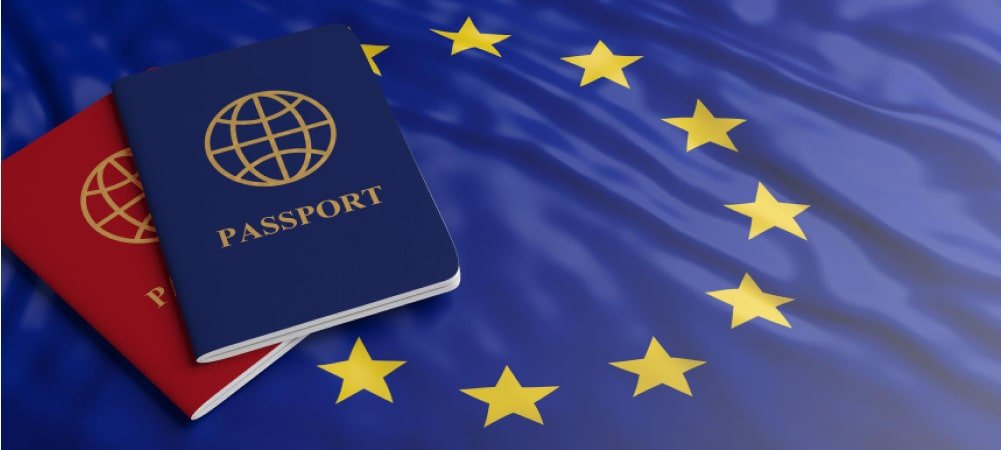In recent years, Europe has emerged as a sought-after destination for immigrants worldwide, offering diverse opportunities, vibrant cultures, and high living standards. However, navigating the immigration process can be daunting without a clear understanding of the available routes and requirements. In this guide, we’ll explore the key pathways to immigrating to Europe, along with essential prerequisites and considerations.
Process Of European Immigration
Europe offers various routes for immigration, catering to different purposes and circumstances. Here are the primary pathways:
- Employment-Based Immigration
Many European countries welcome skilled workers to address labour shortages and boost economic growth. Individuals with in-demand skills or qualifications may secure employment offers and obtain work visas or permits to live and work in their chosen destination.
- Family Reunification
Family ties can serve as a gateway to immigration in Europe. Spouses, children, and dependent family members of EU/EEA citizens or permanent residents can often join their relatives through family reunification programs.
- Study Visas
Europe boasts renowned educational institutions, attracting students from around the globe. Prospective students can obtain study visas to pursue higher education in European universities and colleges.
- Investor and Entrepreneur Programs
Some European countries offer residency or citizenship to individuals willing to invest in the local economy or start businesses. These programs typically require a significant financial investment and adherence to specific criteria.
Requirements and Eligibility
While the specific requirements vary from country to country, certain common criteria apply to most immigration routes in Europe:
- Valid Passport: Applicants must possess a valid passport with a minimum validity period, usually ranging from six months to one year beyond the intended stay.
- Visa Application: Depending on the chosen route, applicants may need to submit visa applications along with supporting documents, such as proof of employment, familial relationships, financial resources, and health insurance coverage.
- Language Proficiency: Proficiency in the host country’s language may be necessary for certain immigration categories or to integrate effectively into the local community.
- Financial Means: Applicants must demonstrate sufficient financial means to support themselves and their dependents during their stay in Europe, either through employment, savings, or sponsorship.
- Medical Examination: Some immigration programs require applicants to undergo a medical examination to ensure they meet health standards and do not pose a risk to public health.
Key Considerations For A European Visa
- Seeking advice from immigration lawyers or consultants can provide valuable insights into the specific requirements and procedures for immigrating to Europe.
- Immigration processes can vary in duration, from several weeks to several months or even years, depending on the country and the complexity of the application.
- While residency permits grant the right to live and work in a European country, citizenship offers additional benefits, such as voting rights and unrestricted travel within the EU.
The Bottom Line
Immigrating to Europe presents a myriad of opportunities for individuals seeking to build a new life in a diverse and dynamic environment. By understanding the available routes, meeting the requirements, and seeking appropriate guidance, aspiring immigrants can navigate the process with confidence and embark on a rewarding journey towards a brighter future.

